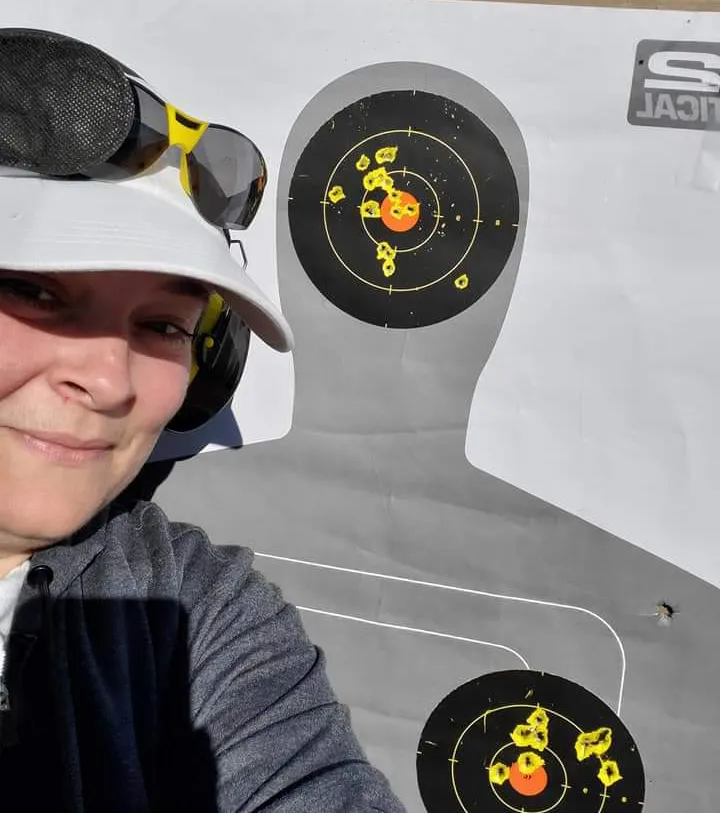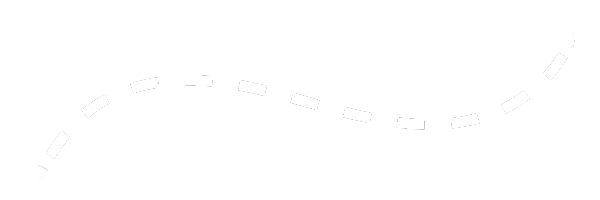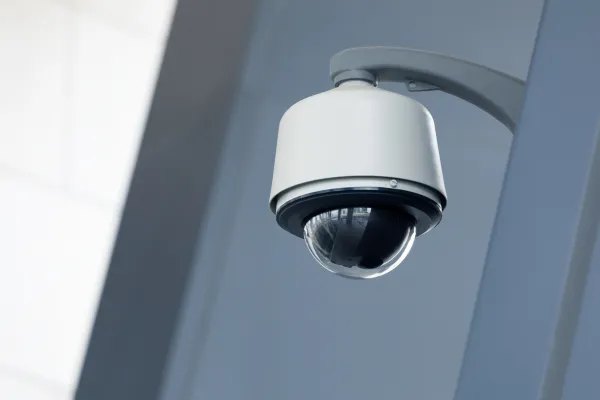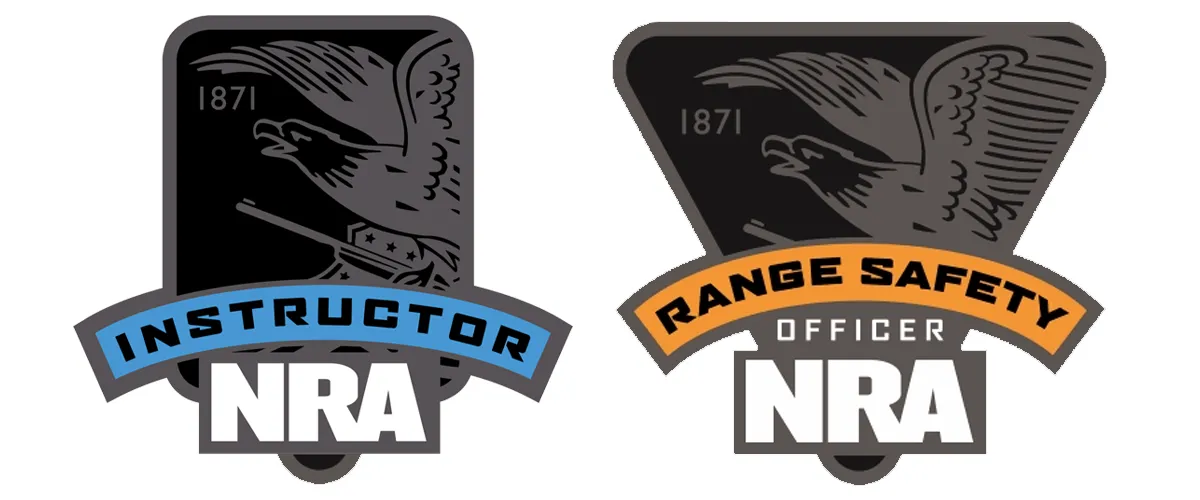
FIREARMS TRAINING
WITH YOUR PEACE IN MIND
FIREARMS SAFETY & INSTRUCTION COURSES

ETA Firearms is your go-to choice for gun safety classes in Arizona. We also educate for concealed weapon permits, tactical training and more.
Firearms safety courses teach important safety practices and procedures to help prevent accidents and injuries when handling firearms. Being knowledgeable and trained in safe handling techniques can help reduce the risk of accidental discharges and injuries to yourself and others.
NRA CERTIFIED INSTRUCTORS
USCCA CERTIFIED INSTRUCTORS
WOMEN INSPIRED COURSES
ACTIVE SHOOTER TRAINING
FIRST AID COURSES
CONCEALED CARRY WEAPONS
REAL ESTATE AGENT SAFETY
LED CLASSES
It's not only about the novelty of shooting or owning a "gun". It's about our obligation to protect and freely exercise our 2nd Amendment right. We offer a variety of courses created by licensed instructors that teach respect, safety, responsibility and the legal requirements necessary to own and possess a personal firearm in Arizona.



OUR TRAINING COURSES & CLASSES
Taking a firearms safety course is an important step in being a responsible firearms owner and protecting your assets, yourself, and others. It can help you develop the knowledge, skills, and mindset necessary to safely and confidently handle firearms in a variety of situations.
NEW GUN OWNER TRAINING PROGRAM
1:1 & GROUP TRAINING AVAILABLE
SPECIALTY CLASSES & COMBO COURSES
WOMEN ONLY COURSES
CUSTOM CREATED COURSES & GROUPS
Schedule a free consultation here:
Stay Informed Through our Blog

Balancing Privacy and Security: Ethical Considerations in Surveillance Practices for Religious and Commercial Spaces

1. Respect for Personal Privacy: Religious spaces often serve as sanctuaries for personal reflection, spiritual growth, and communal gathering. Individuals who visit these spaces expect a certain level of privacy and confidentiality. In commercial spaces, privacy is also vital as it pertains to personal and financial data, affecting trust and customer relations. Overly invasive surveillance can undermine this trust and create an atmosphere of discomfort or fear.
2. Freedom of Religion: Religious spaces are protected under various national and international laws that safeguard the freedom of religion and belief. Excessive surveillance in these spaces can lead to a chilling effect, where individuals feel deterred from practicing their faith openly or from expressing their religious beliefs freely. It's important to balance the need for security with respect for these freedoms.
3. Ethical Use of Data: Surveillance systems collect vast amounts of data, which can include sensitive information. The ethical handling of this data is critical to prevent misuse, such as unauthorized access or discriminatory practices. Ensuring that surveillance is conducted transparently and with clear consent helps maintain ethical standards and protects individuals' rights.
4. Security vs. Trust: While surveillance can enhance security by deterring crime and ensuring safety, it can also erode trust if not implemented thoughtfully. In both religious and commercial spaces, it's essential to strike a balance where security measures are effective but do not compromise the sense of safety and trust among visitors or customers.
5. Legal and Ethical Compliance: Different jurisdictions have varying laws and regulations governing surveillance. Adhering to these laws is necessary to avoid legal repercussions and to ensure that surveillance practices are aligned with ethical standards. This compliance helps in maintaining legitimacy and public confidence in surveillance practices.
6. Impact on Community Relations: In religious spaces, especially, excessive surveillance can impact community relations and the perceived inclusivity of the space. It may lead to feelings of being monitored or judged, which can affect the sense of community and belonging that these spaces are meant to foster.
7. Transparency and Accountability: It's important that surveillance practices are implemented with transparency and that there are mechanisms for accountability. This means clear communication about what is being monitored, why, and how the data will be used. This transparency helps in building trust and ensuring that surveillance practices are ethically justified.
In summary, balancing privacy and security in surveillance for religious and commercial spaces is important because it involves respecting individual rights, maintaining trust, ensuring ethical data handling, and complying with legal standards. Achieving this balance helps to protect both personal privacy and public safety while upholding the values and freedoms that underpin a just and equitable society.
Monday through Sunday
By appointment only
Copyright © 2024 E.T.A. FIREARMS | All Rights Reserved





